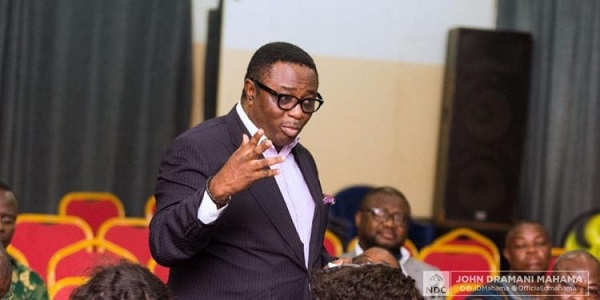CNBC Daily Open: Markets would prefer definite tariffs
Cranes at the Port of Los Angeles are empty of cargo ships, in San Pedro California, U.S., May 13, 2025.
Mike Blake | Reuters
A U.S. federal trade court striking down President Donald Trump's "reciprocal" tariffs on a broad swathe of countries seems, on the surface, a positive development all around. A lack of tariffs leads to cheaper goods, likely more consumer spending and higher corporate revenue, which tends to flow back to stock prices.
This ideal scenario, however, rests on the assumption that the court's decision is final and the Trump administration does not have other ways of reinstating its muscular trade policies.
Events on Thursday have already shown us that is not the case. An appeals court temporarily paused the tariff rulingto allow the Trump administration to respond to the case. "Even if we lose, we will do it another way," Trump trade advisor Peter Navarro told reporters at the White House Thursday afternoon.
This uncertainty could roil markets and trade negotiations with countries further. If tariffs could pop in and out of existence based on policy and judicial decisions, how do nations discuss trade deals, and how do investors allocate their capital efficiently? Indeed, the S&P 500 was up nearly 0.9% when trading began, but fell sharply after the Trump administration said it may ask the Supreme Court to halt the federal trade court's ruling.
"In general, markets don't like uncertainty, because it makes forecasting more difficult," said Larry Tentarelli, founder of the Blue Chip Daily Trend Report. "We expect the tariff news cycle to be an extended process, which can lead to higher short-term volatility."
In other words, if there was a definite universal tariff of 10% — while it's undeniably still a tax — the surety of it could be better for markets and economies globally in the long run.
A U.S. federal appeals court on Thursday granted the Trump administration's request to temporarily pause a lower-court ruling that struck down most of Trump's tariffs. Trump officials maintain that they have other options for imposing tariffs, even if they do not prevail in the case. Earlier in the day, the White House said it would seek "emergency relief" from the Supreme Court if the ruling was not paused.
U.S. stocks rose Thursday. They were buoyed by Nvidia — which climbed 3.3% on its positive earnings — but were held back from bigger gains by uncertainty around tariffs. The S&P 500 added 0.4%, the Dow Jones Industrial Average gained 0.28% and the Nasdaq Composite climbed 0.39%. Europe's Stoxx 600 index slipped 0.19% and Germany's Dax lost 0.44% — but the latter is still up more than 20% year to date.
Federal Reserve Chair Jerome Powell met Trump Thursday, according to a release by the U.S. central bank. "Chair Powell did not discuss his expectations for monetary policy," the statement said. However, Powell did "stress that the path of policy will depend entirely on incoming economic information and what that means for the outlook" — essentially, that interest rates cannot be swayed by politics.
The SEC has formally dropped its lawsuit against Binance and founder Changpeng Zhao, which was first brought in June 2023. The case had accused the crypto exchange of illegally serving U.S. users, inflating trading volumes and commingling customer funds. The dismissal marks a symbolic end to the agency's crypto crackdown and comes as the Trump administration attempts to prove it's an ally to the industry.
European equities have fared better than those in the U.S. so far this year. JPMorgan analysts think the trend could continue, with non-U.S. markets trading "increasingly more favorably" against their American counterparts for the next 12 to 18 months. Here are the bank's preferred sectors for this period.
Sam Altman, CEO of OpenAI, is seen through glass during an event on the sidelines of the Artificial Intelligence Action Summit in Paris, Feb. 11, 2025.
Aurelien Morissard | Via Reuters
Elon Musk tried to derail a major artificial intelligence infrastructure deal in the Middle East after learning that his startup, xAI, would be excluded from the initiative, CNBC has confirmed.
Earlier this month, OpenAI, Oracle, Nvidia, Cisco and Emirati firm G42 announced plans to build a sweeping Stargate AI campus in the United Arab Emirates. Musk was frustrated that OpenAI, led by personal rival Sam Altman, was tapped for the deal, and he intervened in an effort to get xAI involved, said a person familiar with the matter who asked not to be named in order to speak freely.
Musk argued that Trump would not approve the deal, the person said. The announcement was delayed by several days as stakeholders, including the White House, dealt with blowback from Musk, who has been engaged in a public and legal spat with Altman and OpenAI.









